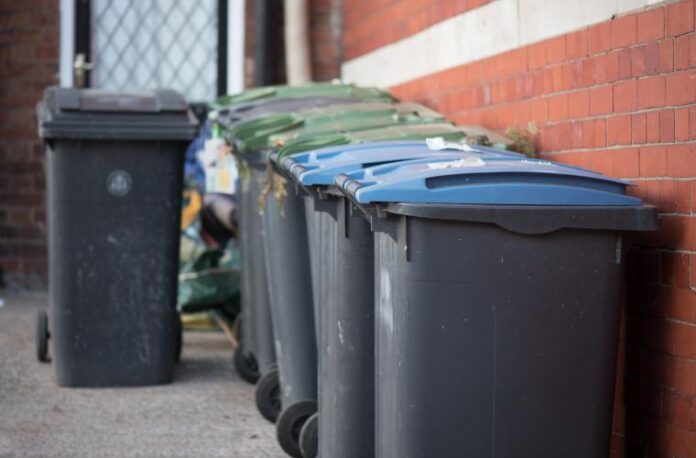People doing up their homes will no longer have to pay to have their DIY waste removed under new government plans announced today
Under the proposals, household DIYers would not be charged to get rid of waste including plasterboards, bricks and bath units.
This is part of a fresh move to crack down on fly-tipping, which has increased since the beginning of the pandemic.
The Government banned backdoor charges on local residents disposing of household rubbish at household waste centres in 2015 and since then guidance has made clear that this includes DIY household waste.
However, around a third of Local Authorities still charge for certain types of DIY waste, using rules designed for construction waste. The changes outlined in a technical consultation published today will change this rule and could save households up to £10 for an individual item – for example, a sheet of plasterboard.
Fly-tipping is a crime which blights communities, poses a risk to public health and the environment, and costs up to £392 million a year. Local authorities dealt with 1.13 million fly-tipping incidents in 2020/21, up by 16% from 2019/20.
Alongside this, a call for evidence on the use of booking systems at recycling centres will be launched today – some of which were brought in when restrictions were imposed during the pandemic – amid concerns these could be making it harder for people to dispose of their waste and increasing the risk of fly-tipping.
Environment Minister Jo Churchill said:
When it comes to fly-tipping, enough is enough. These appalling incidents cost us £392 million a year and it is time to put a stop to them.
I want to make sure that recycling and the correct disposal of rubbish is free, accessible and easy for householders. No one should be tempted to fly tip or turn to waste criminals and rogue operators.
Furthermore, the funding that we have announced for Local Authorities today will help them trial innovative new projects to put a stop to fly tipping. We will learn from the successes – and replicate them.
Councillor David Renard, Environment spokesperson for the Local Government Association said:
“Councils, as the primary managers of environmental services are best placed to decide what works best for their areas.
“The disposal of non-household waste, such as DIY waste and tyres, is a non-statutory duty. As a result, some councils have had to introduce charges for this waste due to the rising costs of providing the service and the financial pressure they are under.
“Money raised from charges goes back into services so councils can continue to offer disposal facilities for these materials to residents, who would otherwise find them difficult to get rid of and will ensure that the system is not abused by those seeking to dispose of trade waste for free.
“To deal with pressures and ensure social distancing compliance during the pandemic, more councils introduced booking systems for recycling centres. Many have continued this practice as they have found it best suits the needs of their area.
“Manufacturers can improve recycling rates and deter fly-tipping by providing more take-back services so people can hand in old furniture and mattresses when they buy new ones.
“Our own polling shows eight out of 10 people are happy with the way their local council collects their rubbish.”







